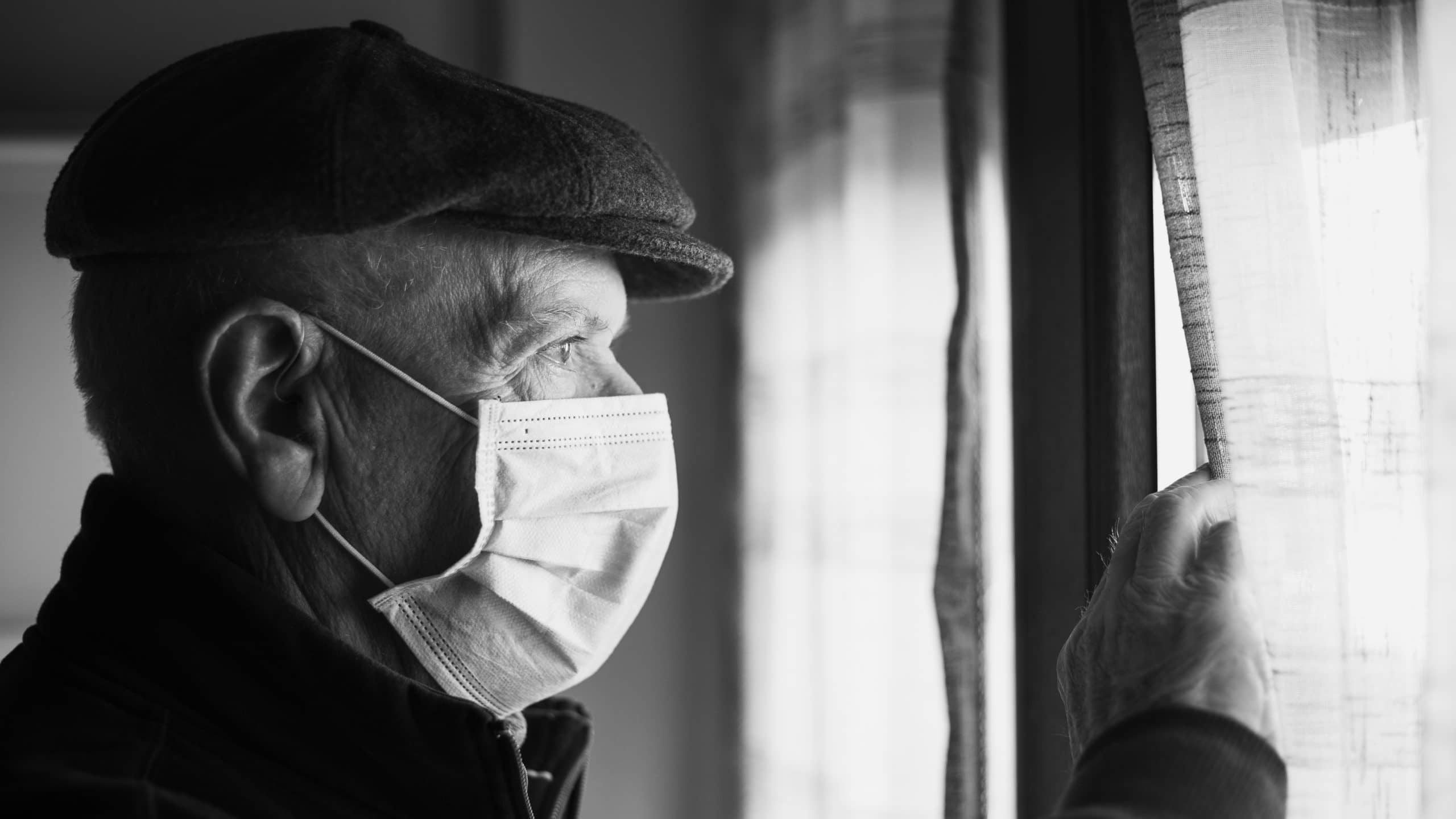
Texas Health and Human Services Bans Visitors at Nursing Homes
With the continuing spread of the novel coronavirus COVID-19, nursing homes across the country are fighting to keep their residents safe. One of the ways that many states are protecting residents is by banning visitors. …
With the continuing spread of the novel coronavirus COVID-19, nursing homes across the country are fighting to keep their residents safe. One of the ways that many states are protecting residents is by banning visitors. In March, 2020, the Texas Health and Human Services Department (HHS) placed a ban on visitors at nursing homes in our state. In today’s post, our nursing home abuse lawyer in Houston will explain exactly what that ban means for families.
Visitors Banned from Texas Nursing Homes
In an effort to stop the spread of COVID-19 to nursing home residents, the HHS has placed a ban on non-essential visitors into nursing homes. HHS Deputy Executive Commissioner for Regulatory Services, David Kostroun, says,
“At the direction of Gov. Greg Abbott and effective immediately, we are now requiring nursing facilities to prevent non-essential visitors from access given the significant health and safety risk to residents posed by COVID-19. These measures are precautionary and based on the state disaster declaration made by Gov. Abbott, as well as new federal guidance.”
According to the HHS announcement, essential staff and those permitted into nursing homes includes:
- Medical professionals
- Nursing home staff
- Nurses
- Essential service providers
To the extent that is possible, all other visitors, including family members, should stay away. Instead, nursing homes are urging families to utilize services like Skype or FaceTime – online programs that allow video chatting.
Essential Visitors Will Undergo Screening
Essential workers that do enter nursing homes will also undergo screening for COVID-19. Nursing homes in Texas are using guidelines from the Centers for Medicare and Medicaid Services (CMS) to screen anyone entering nursing homes. Anyone who tests positive will not be allowed to enter. Positive tests also must be reported to the Texas Department of State Health Services.
Nursing homes are posting signage at entrances about the restrictions. On the inside, facilities also have new responsibilities to help stave off the virus and prevent spreading. The HHS now requires facilities to do the following for essential workers and visitors, as well as residents:
- Screen all visitors, staff and residents for fever
- Suspend all group gatherings
- Monitor and isolate residents who have a fever or acute respiratory symptoms
- Train staff on proper infection control procedures
- Execute and enforce frequent hand washing
- Provide personal protective equipment (PPE) to staff or residents as needed
In addition to screenings, nursing homes are also being inspected. Facilities with a history of deficiencies for infection control will be inspected by the Texas Health and Human Services Commission.
Exceptions to the HHS Ban
The only exception to the HHS rule is in cases where a resident requires end-of-life care. In these situations, additional visitors may be permitted into the nursing home. Family members may also be allowed in, but this is on a case-by-case basis. Families who have concerns about end-of-life care should talk to the facility and find out what they can do.
Why Nursing Homes are Vulnerable to COVID-19
There are at least 400 nursing homes in the United States battling COVID-19 infections. The outbreaks are impacting staff and residents at facilities in nearly every state. Some areas report more nursing home illnesses, such as Washington, New York and Louisiana.
Nursing homes are incredibly vulnerable to COVID-19 for a few reasons. First, most residents are older adults who have underlying medical conditions. Some of them have serious conditions like diabetes, lung disease or other respiratory problems that certainly make them more vulnerable to viruses.
Second, nursing homes require a lot of people to share the same spaces. Public common areas, dining halls, hallways, mail rooms and activity centers are all shared spaces between residents and staff. Some facilities have hundreds of residents who all depend on these same facilities. When one person gets a virus, it can spread quickly.
Another reason why nursing homes are vulnerable is because they often lack the resources necessary to prevent the spread of a virus. Many facilities report not having adequate PPE for staff members. Others report a lack of tests to determine if residents have COVID-19. These shortages certainly make it difficult for facilities to slow transmission and protect residents.
Tips for Older Adults to Avoid COVID-19 Exposure
Nursing home residents, and adults over age 65 with underlying medical conditions, are the most at-risk for severe illness if they contract COVID-19. But there are some things that older adults can do to reduce the risk of exposure. According to the Centers for Disease Control and Prevention (CDC), older adults can avoid exposure and reduce the risk of getting sick by doing the following:
- Stay at home whenever possible.
- If you must leave your home, wear a face mask and stay at least six feet away from other people.
- Wash your hands frequently.
- If you have symptoms of COVID-19, call your doctor. Common symptoms include fever, shortness of breath and a cough.
- Stock up on supplies through curbside pickup or delivery, if possible.
- Limit the number of visits to stores.
- If someone you know is sick, avoid being around them until they are well.
- Regularly clean and disinfect surfaces in your home, especially those that are frequently touched. This may include doorknobs, faucets, countertops and handrails.
By following these guidelines, you can help flatten the curve and stop the spread of COVID-19 in your community. Ultimately, experts agree that the best way to prevent getting sick is to avoid all possible exposure to the virus.
